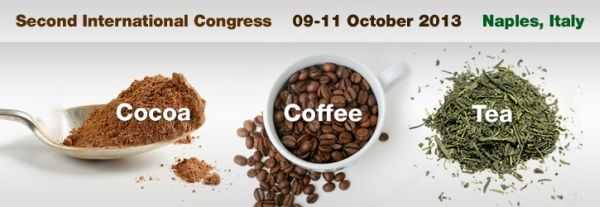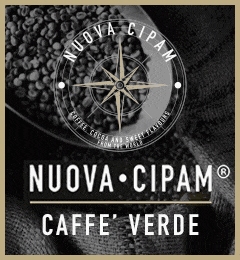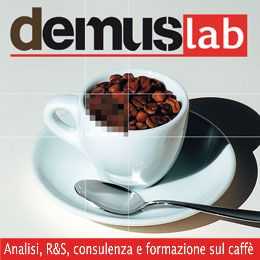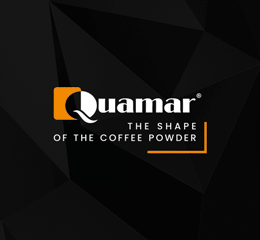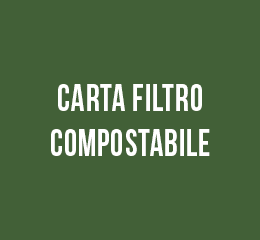Budolfsen Lynglev G., Baumann M.J. , Hendriksen H.V. Department of Food Applications, R&D, Novozymes A/S, DK-2880 Bagsvaerd, Denmark. gibu@novozymes.com
The present paper will discuss the use of the enzyme asparaginase as an applicable tool for controlling acrylamide formation in coffee.
In 2002 Swedish researchers discovered high concentrations of acrylamide in carbohydrate rich foods produced under high temperatures (Tareke et al., 2002). Acrylamide has been classified as a ‘probable human carcinogen’ by the International Agency for Research on Cancer (IARC, 1994). In 1990 acrylamide was added to California’s Proposition 65 list as a carcinogen and in 2011 as a reproductive toxicant.
Coffee contributes to a significant intake of acrylamide because of high consumption (Seal et al., 2008). Acrylamide in coffee can be reduced by storage, or darker roasting. Enzymatic acrylamide mitigation is an attractive alternative to storage without limiting the customer’s choice.
The amino acid asparagine is the major precursors for acrylamide generation. Asparaginase, an enzyme that selectively hydrolyses asparagine to aspartic acid, can reduce acrylamide formation in coffee by removing asparagine. Asparaginase from Aspergillus oryzae was tested in green Arabica- and Robusta beans resulting in about 40 to 70% reduction of acrylamide content in the final roasted beans.
This paper summarizes results obtained in lab and pilot scale by implementing a commercial asparaginase in the treatment of green beans, process limits, mechanistic details and quality related aspects will be discussed.
References
[1] Tareke, E. P.et al., Analysis of Acrylamide, a Carcinogen Formed in Heated Foodstuffs: Journal of Agricultural and Food Chemistry 2002, 50, no. 17, p. 4998-5006.
[2] IARC. International Agency for Research on Cancer (IARC). Some Industrial Chemicals. 389-433. 1994. Lyon, Monographs on the evaluation for carcinogenic risk of chemicals to humans Vol 60.
[3] Seal, C. J. et al. Risk-benefit considerations of mitigation measures on acrylamide content of foods – A case study on potatoes, cereals and coffee: British Journal of Nutrition 2008, 99, no. Supplement 2, p. S1-S46.



